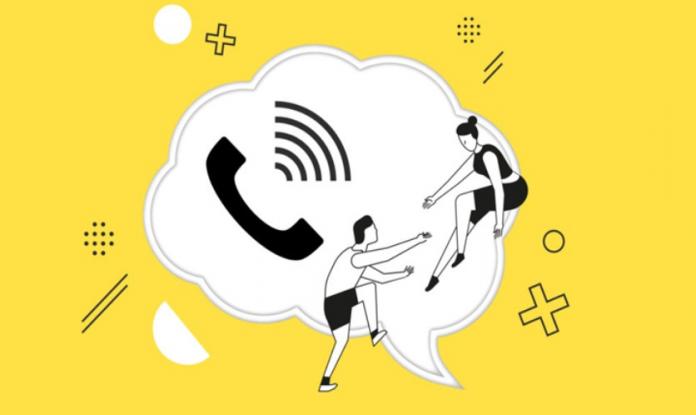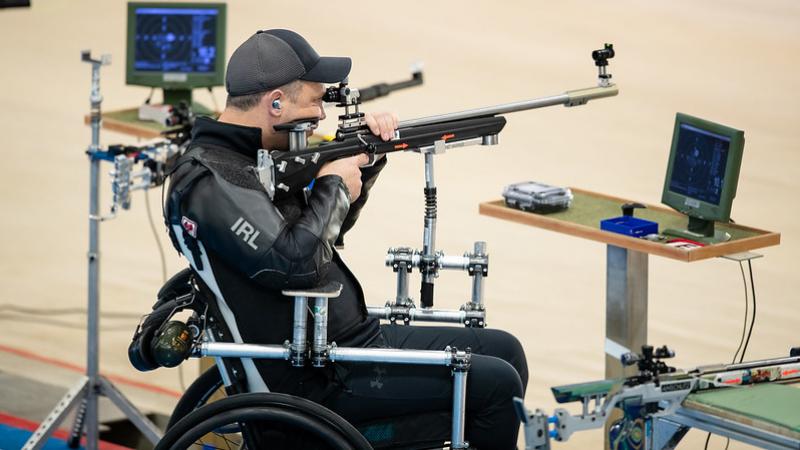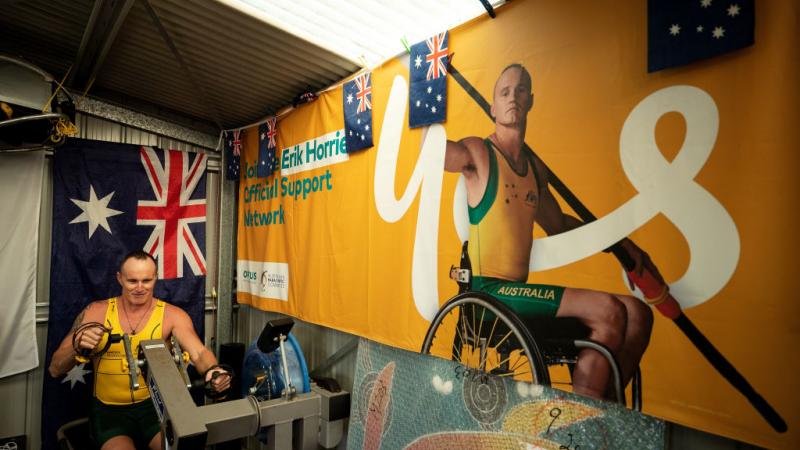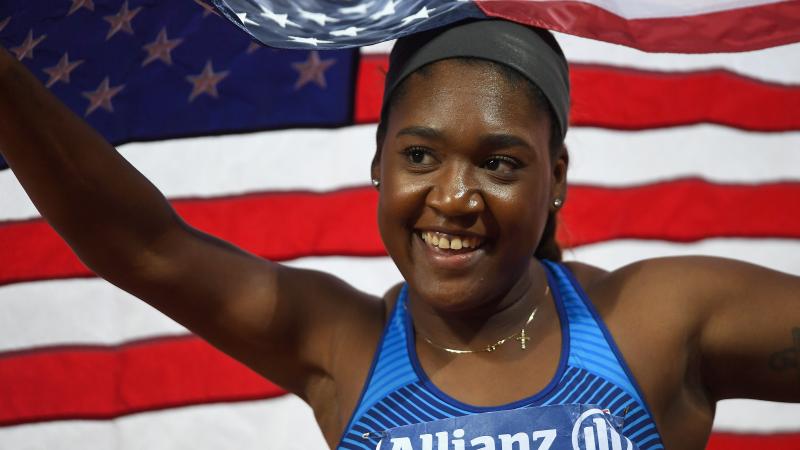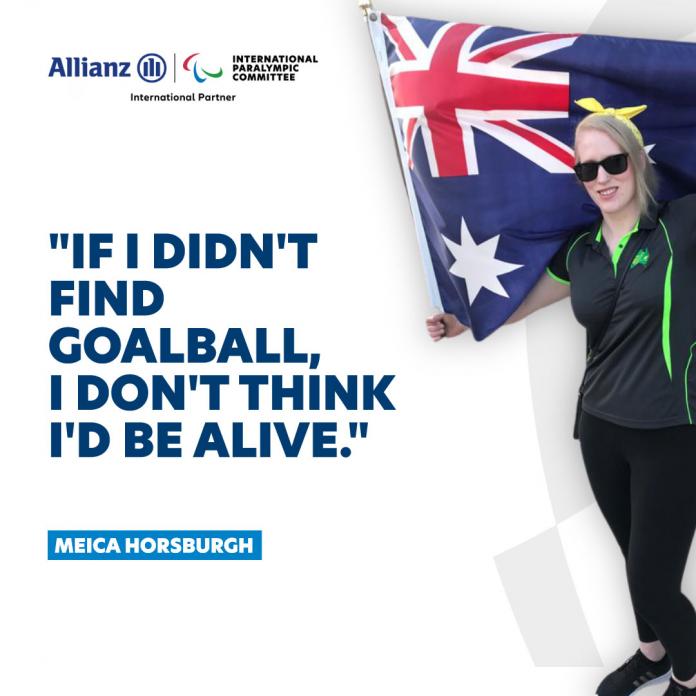MENTAL HEALTH
According to the World Health Organisation mental health is a state of well-being in which an individual realizes his or her own abilities, can cope with the normal stresses of life, can work productively and is able to contribute to his or her community. This implies that mental health is more than just the absence of mental disorders or disabilities.
MENTAL HEALTH AND SPORT
Sport is considered beneficial to health. Furthermore, sport involvement provides opportunities to explore abilities, develop social relationships and experience success. It satisfies the need for belonging and to experience joy.
However, sport can also lead to or increase mental health issues. Paralympic athletes are likely to experience a range of sport-specific and disability-specific stressors that have the potential to compromise their personal well-being.
Sport specific stressors include the constant need to achieve, risk of injury, overtraining, burnout and anxiety. Elite athletes have added stressors of traveling, living in camps and spending prolonged periods of time away from family and support systems.
Disability related stressors are those related to being perceived as not equal, being excluded, experiencing barriers to participation affecting home and work life. Many individuals may experience mental health challenges due to the impact of social isolation and lack of ability to directly engage with their family and friends.
Mental health challenges may often be 'invisible' to others, and athletes may have difficultly talking about it due to concern for stigma or adverse impact on their standing in the sport.
SYMPTOMS OF MENTAL HEALTH ISSUES INCLUDE:
Mental health issue can develop at any stage of life, including childhood, adolescence and adulthood.
Mental health symptoms may include distress, anxiety, angry outbursts, pervasive sadness/depression, poor coping skills, worrying too much, sleeping too much or to little, alcohol misuse, eating disorders, withdrawal from normal activities and lack of motivation to train or compete.
More severe symptoms and disorders are suicidal thoughts, post-traumatic stress disorder, psychotic disorders including bipolar disorder, and substance use disorders such as drug addiction. For further info around recognising mental health symptoms go here.
Just as in the general population, the impacts of mental health symptoms and disorders in athletes can be severe and debilitating.
For athletes, those impacts may include poor performance, increased injury risk, delayed recovery from injury and decreased quality of life. (6) However, with appropriate and timely support and intervention such impacts can be reduced.
Further information on mental health symptoms and disorders in elite athletes may be found in the IOC Mental Health Consensus Statement (2019).To read the full consensus statement, please follow THIS LINK.
TO BE MENTALLY FIT AT THE GAMES
Maintaining a positive state of mental health during the Paralympic Games can often be challenging because athletes committing whole-heartedly to their pursuit of excellence, and may be at increased risk of disappointment, and high life stress.
Participating at the Games is not only a rewarding and exciting experience, it is also one of high expectations, and performance pressure. Despite extensive preparation, mental health issues may emerge during the Games. The challenges can pertain to an increased sense of pressure and expectations, intense media scrutiny, increased social media engagement, heightened emotional volatility, strained relationships, conflicts within the team, unhealthy comparisons to others, and a decreased ability to sleep. The Games are like a magnifying glass for both positive and negative thoughts and emotions, and they are often experienced as an emotional rollercoaster.
Let’s talk about it!
THE MENTALLY FIT HELPLINE
At the Tokyo 2020 and Beijing 2022 Olympic and Paralympic Games.
Taking care of your mind is just as important as taking care of your body, and the IOC and IPC understand how important it is to have someone to talk to when you need support.
Mentally Fit Helpline is a free and confidential mental health and well-being support service available to all Olympians and Paralympians during Games-time.
If you need support, there is support helpline operating 24 hours a day in over 70 languages that you can contact free of charge! This Helpline will be staffed by expert counsellors.
Athletes who register with the helpline during Games-time will benefit from six structured short-term counselling sessions providing in-the-moment psychological support for up to three months post competition. It can be accessed via telephone, email, and instant messaging.
For more info have a look at their Website: http://global.helpwhereyouare.com
If you or someone you know is struggling with mental health challenges, you should seek help from a professional, and remember that talking about it actually is a sign of strength, not weakness.
This helpline is in addition to the mental health support services customarily in place during Games-time (including the presence of onsite psychologists and psychiatrists in the Village Polyclinic)
CONTACT INFO IN ENGLISH
Click here.
The professional counsellor will ask for your accreditation number in order to check your eligibility to benefit from the Mentally Fit Helpline services. Please kindly note that the IOC, for the athletes who are accredited at the Olympic Games, and the IPC, for the athletes who are accredited at the Paralympic Games, will transfer the list of accreditation numbers to WPO, the independent company operating the Mentally Fit Helpline, in order to enable them to conduct these eligibility checks. This information will only be used by WPO for this purpose and will be kept no longer than 100 days after the end of the relevant Games you are participating in.
DETAILS IN OTHER LANGUAGES
| FRENCH | JAPANESE | SPANISH | RUSSIAN | ARABIC | CHINESE |
FURTHER MENTAL HEALTH INFO
Several athlete-friendly modules related to well-being, mental health, and COVID can be found on the IOC website:
- https://www.olympic.org/athlete365/well-being
- #MentallyFit - Athlete365 (olympics.com)
- Mentally fit toolkit
WHO INFO AROUND MENTAL HEALTH
The World Health Organisation has a wide range of guidance regards mental health and COVID-19:
- Mental health
- Mental wellbeing – resources for the public
- Mental health & COVID-19
- Mental health and psychosocial considerations during the COVID-19 outbreak
- Addressing social stigma
- Briefing note on addressing mental health and psychosocial aspects of COVID-19
ATHLETE STORIES
Para athletes have often dealt with mental health issues and some of their inspiring stories are below. Also listen to our weekly podcast for inspiration.
PHIL EAGLESHAM CONTINUES TO INSPIRE BATTLING MENTAL HEALTH STRUGGLE
Ireland’s shooting Para sport athlete Phil Eaglesham, speaks on how his physical and mental health worsened after being contacted with Q Fever – a disease characterised by chronic muscle weakness, fatigue, joint pain and breathing problems that also affects various organs in the body - while serving in Afghanistan as a Royal Marines Commando.
Eaglesham lost a great deal of physical abilities and used a power chair; people treated him differently; and he once had to sit in his house for six months after his wife injured herself trying to transfer him. In turn, it caused him to feel like a burden on his family. Read on here
DARKNESS SHINES LIGHT ON HORRIE'S INNER STRENGTH
Australian two-time Paralympic rower Erik Horrie recalls one of the darkest moments of his life. He reveals how leading up to Rio 2016 Paralympic Games, his confidence hit rock bottom.
Despite being a three-time world champion at the time, with multiple world records and accolades under his belt, Horrie found himself calling Australian mental health hotline, Lifeline, just to find someone to talk to. Read on here
LIFE LESSONS LEAVE THEIR MARK ON YOUNG
When times get tough for Deja Young, she just looks at her wrist for a reminder of the events of the past and the key to her future. The double Paralympic and world champion has a tattoo there, with three simple words – ‘just keep going’.
“I don’t mind telling that I did have a suicide attempt before the Games,” she reflected. “At that point I was alone and thinking, why am I really doing this? Why am I here and what is my purpose? And I really had to find that." Read on here
MEICA HORSBURGH OPENS UP ABOUT DARK TIMES
Australia’s Meica Horsburgh grew up with albinism and the challenges that came along, especially in her teenage years, proved to be a dark time in her life.
Horsburgh bravely opens up about a period of bullying that drove her too far and how goalball saved her life in episode five of 'A Winning Mindset: Lessons from the Paralympics,' the official podcast of the International Paralympic Committee, in partnership with Allianz.
Before listening to this podcast episode, be aware that the contents discussed include bullying to the point of suicidal feelings.
Horsburgh, now 31, was one of five children and grew up with ocular albinism, which also impacts her vision. Two other siblings were also albino, but the difficulties came when she got older. Read on here
#ALLIANZFORLIFE
With the COVID-19 pandemic being a pressing concern, the IPC’s International Partner Allianz, has joined force for several initiatives and is trying to improve people’s lives in these times of test. To know more about this, click here.

 Facebook
Facebook
 Instagram
Instagram
 Twitter
Twitter
 Youtube
Youtube
 TikTok
TikTok

